Riot: The eSports Watershed
We talk to Dustin Beck about the rise of LCS and the changing culture of eSports.
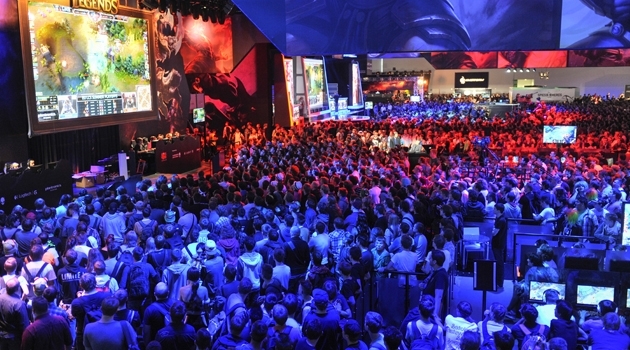
ESports has come a long way in the past couple of years, with tournaments and seasons becoming a core part of gaming culture. For the incredibly popular League of Legends, that change hasn’t come about by accident. I caught up with Dustin Beck, VP of eSports, to discuss how Riot Games had reached this point, and how it would continue to grow.
Beck himself is an eSports fanatic; when we met at Gamescom he was avidly watching the international wildcard tournament, with the winning team clinching a spot in the League Championship Series (LCS) Season 3 World Championship. The European playoffs and Season 4 qualifiers later that week were a huge deal for fans in Cologne, with an enthusiastic audience dominating most of Hall 8
It was also shortly after the US Government announced that it would start recognizing some eSports competitors as professional athletes. “We got a lot of cheering internally when that happened,” he mentioned, grinning with pride as I brought up the topic.
“I think it was a pretty monumental moment for eSports and a good affirmation of the work that’s being done on our side. We invested so much time, energy and effort into creating the LCS, and having the US government recognize the LCS as a legitimate league that would support athletes moving from all over the world to play in the LCS in America, was a big win that we’re all excited about.”
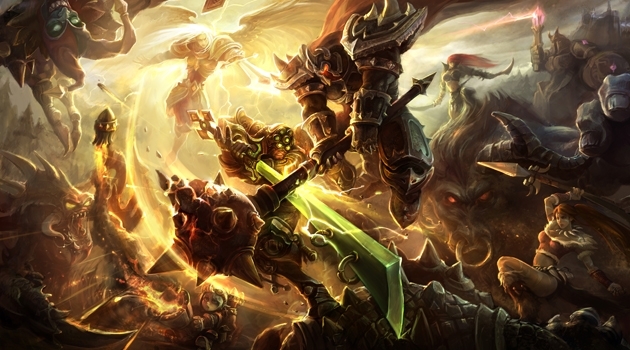
I went on to ask Beck if he thought that the move would have an impact on team make up. He thinks that it’s already starting to happen, with Edward Abgaryan moving over from European team Gambit Gaming to join Team Curse. “I think that is the first of many we’re going to see moving over to the US to try and make it in North America.”
ESports itself has been a strong part of the Korean and Asian gaming scene, but in the West it historically struggled to gain traction. All that seems to be changing now, but while the visa announcement was certainly a milestone, Beck told me that Riot isn’t finished yet. “I think this is the first step of many we’re trying to make in the west to make this a professional, viable career for the players and a viable sport for all of our fans that tune in to watch it.”
Those goals don’t including pushing the LCS into a mainstream sport. Instead, Beck wants to make sure that it strikes a chord with League of Legends players across the globe. “It’s kind of cool that it’s so nuanced and niched, although I say niched in quotes because it is such a mass-market. But it is a kind of cool, hard-core following, and that’s really our goal. Our effort is to reach out and hit our fan base, and if it’s not recognizable by mainstream media that’s not a big concern of ours. What is our concern is that it’s a highly engaging, exciting and high quality experience.”
Beyond organizing tournaments and competitive seasons, Beck explained to me how Riot works closely with top teams to improve the culture of the game. Besides weekly calls with both team managers and players, the firm also organizes a twice-yearly conference for all professional players.
“We go through the new rules and restrictions on what the league entails. We walk them through the difference between free agents and restricted free agents. We give them statistics and numbers so that they can get more involved with sponsors, and we help do reference calls on that side.”
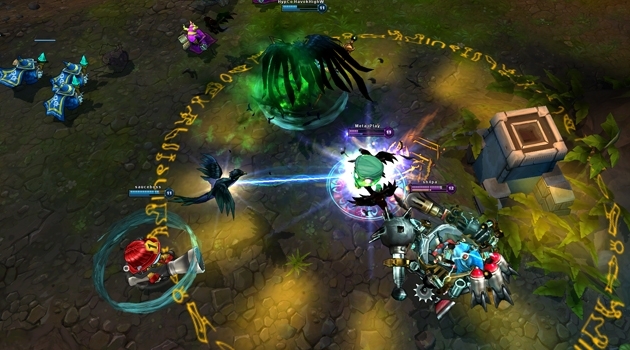
Riot’s work also goes beyond team support, giving professional players training on how to handle being in the public eye. “First and foremost, these guys are role models to millions of fans. They have a duty as a League of Legends professional player to be an upstanding citizen, so we hold these guys to a higher standard than we do our normal players.
“For the most part they’ve really embraced that – they’ve either turned their toxic behaviour into something positive, or they’ve embraced the ‘bad boy’ reputation which is a fine line to walk, but there’re polarizing athletes in every different sport, and some of them have gone that route. But for the most part, they’ve altered the public’s perception of their image, and they’ve embraced being a role model.”
“The second piece is that these guys are young kids. Some of them are 17 or 18 years old, and they get thrust into the limelight for the first time, and now they’re on stage talking to thousands of people or being interviewed, and we need to help them through this. Part of our player management focus has been on the dos and don’ts of social media, and how to hold yourself in an interview. When we do these player conferences, we bring in CNN correspondents who help train them through how you do an interview, how you answer a tough question and all that stuff, and I think that’s helped our public perception as well.”
Beck was quite clear in that he sees the teams as “making a big investment in League of Legends, and they’re building out teams that are going to coexist with the LCS for years to come.” He added that “we want the pros to be able to focus on playing the game and being the best professionals they can be, and we want to make sure that we’re helping them with all the logistics and operation of the actual leagues.”
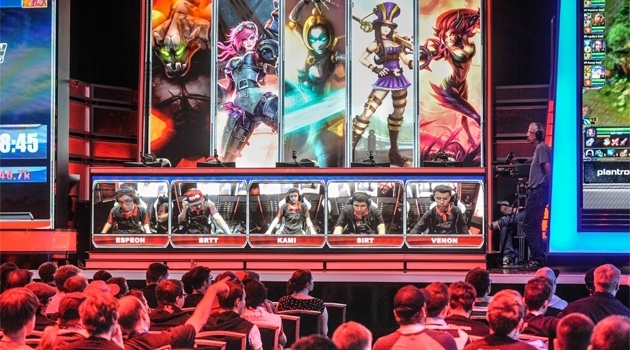
The LCS has been great for team sponsors, in that they’ve been able to reach a new audience. It’s also helped teams build a solid foundation in which professional competitors can develop their skills. More recently, Riot announced that American Express had been selected as prepayment card partner. In light of the recent news, I asked Beck how he sees the relationship between Riot, the teams and sponsors evolving in the future.
“I think brands like that are going to see a great opportunity to reach a demographic that they really don’t have any other good way to reach. These guys are going to work or school, and then they’re playing video games. They don’t really like being advertised in an unauthentic or non-genuine manner.
“Sponsors that we do work with are going to have a great opportunity but, on the flipside, we want to make sure that what the sponsors are doing has a value add for our players. We want to make sure that the players are winning, and that the sponsors are winning, and that also helps us as well. But I think American Express is exciting because it’s a non-traditional gamer category that just got involved in eSports, which is a relative unknown for all these big marketing brands.”
With Season 3 building up to a Grand Final at the Staples Center on October 4, I asked if Beck would change anything about the format for next season. Unsurprisingly, the team has been “heads-down” with the current fixtures. “We have bitten off a lot – it’s kept everyone very busy and very preoccupied. I think during the off-season is when we’re really going to get a chance to take a step back and visit what has worked, what hasn’t worked and what needs tweaking.”
“We don’t have any ground-breaking news that we can share with what’s going to be different in season 4, but we are going to be making some changes. I think a lot of that’s going to be conveyed during off-season, when we get a chance to digest everything that’s gone down.”
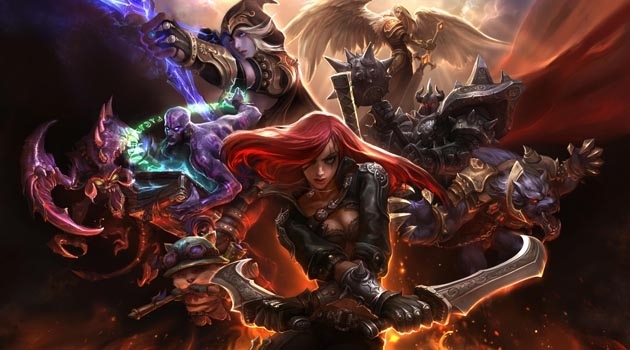
That off-season isn’t just essential for Riot, but for the teams and players as well. Beck explained that the move to a seasonal format was a big leap from having tournaments every month or two, and were now playing “every single week, multiple times a week.” But, while the teams are likely to be planning strategies and line-ups for Season 4, Beck also thinks that pro-players will be using the break to grab some much needed downtime.
“I think it’s going to be beneficial for teams to take that time off and relax, see family and friends, and the parallels any other sport has in off-season. A football or basketball player may need that time to heal up, and I think the same can be said for the mental dexterity of our pro players. This requires a ton of energy, effort and focus, and they have to be mentally on for so long that, hopefully, they take the time to be mentally re-prepared for what’s coming up next year.”
Arguably, good quality live streaming has helped fuel a surge in eSports recently by bringing in audiences from across the globe. When I asked where he thought the burst of growth would come from, Beck told me that international tournaments might hold the key.
“I think internationals is a key growth factor for what we’re doing. We’ve seen some pretty compelling numbers for standalone tournaments in international regions. We’ve just had our Brazilian qualifiers that led up to Gamescom, and we had over 100 thousand consecutive users tune into that one event. I think there are very few sports that have the same global appeal that League of Legends does – the only two I can think of are the Olympics and FIFA soccer for the World Cup.
“Beyond that, we’ve been focused on North America and Europe with our streaming, but we haven’t had much exposure to what the Korean scene is doing, and I know that there’s appetite for it. The Korean scene is, arguably, the most advanced of any of the League of Legends scenes right now, so we want to bring all these different scenes to the forefront for our fans, and make them globally accessible for everyone.
“But honestly, even between our spring split and our summer split, we’ve seen strong growth in numbers. I think people are starting to get habitual viewing patterns. It’s starting to get allegiances for teams and certain rivalries, so I think a lot of the growth is going to be a natural by-product of the league that we’ve created. So taking that internationally, taking some cool bells and whistles that we’re trying to increase the quality of the broadcast, I think all that’s going to fuel the growth for years to come.”
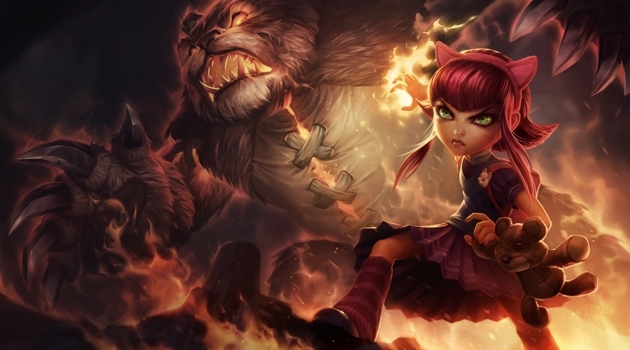
As we were wrapping up, I asked Beck if we’d ever see an eSports section in the sports pages of the New York Times. He immediately bounced back with a laugh, saying that they were on the front page of the LA Times just recently. More seriously though, he stated that mainstream attention is just a by-product of doing what they can for the fans.
“Some of the things that we’re doing, like hosting our finals at Staples Centre, that’s going to get a ton of coverage whether we like it or not. But that’s really not a goal of ours. We want to make sure we’re covered by the ZAMs of the world, and the other gamer publications. Our normal media outlets aren’t the New York Times, or the LA Times, or the Wall Street Journal, they’re the Polygons, the Penny Arcades, the ZAMs, and that’s where we really care about getting notoriety, so that our fans can read up on what we’re doing. And if we do get covered by the LA Times or Wall Street Journal as a by-product of what we’re doing, that’s great.
You can catch the rest of Season 3 as it unfolds over on LoL ESPorts, and don’t forget to check out sister site LoLKing for all your summoner guides, stats, contests and more!
Gareth “Gazimoff” Harmer, Senior Contributing Editor
Follow me on Twitter @Gazimoff




